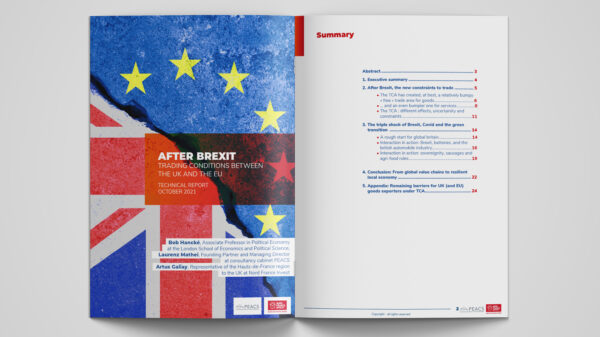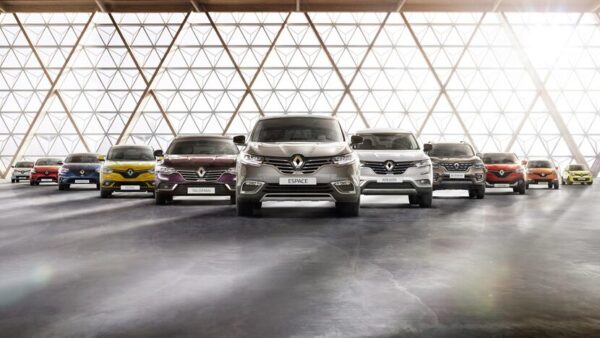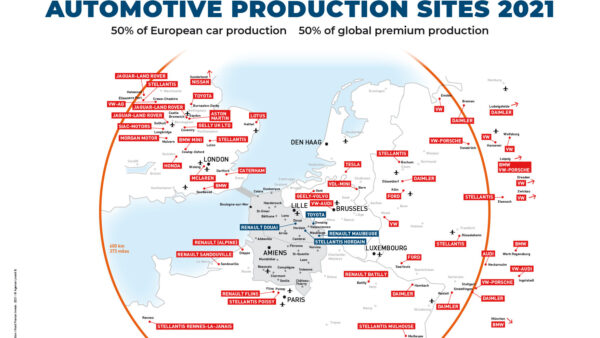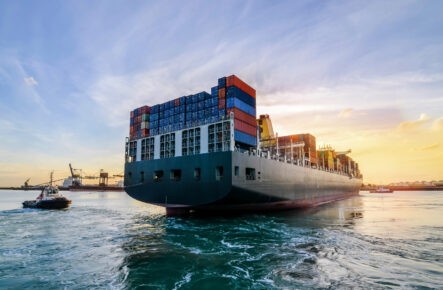In addition to the dramatic sanitary impact of the Covid pandemic, the virus also had a very heavy impact on the global economy and global supply chains. Surprisingly, the main problem for car manufacturers is less about demand for cars (especially as households in developed economies accumulated substantial savings, which they can use to buy a new car), but more about physical limits and constraints to car production.
The chips shortage is probably the main constraint here, as it led several car manufacturers to slow down car production. But there are also broader impacts: the stark rise in the price of raw materials is also taking its toll on car manufacturing processes and costs. With essential metals seeing their price radically increase (eg. Aluminium prices doubled in two years), this is bound to have an impact on overall car prices, but also on manufacturers of car parts all along the supply chain.













